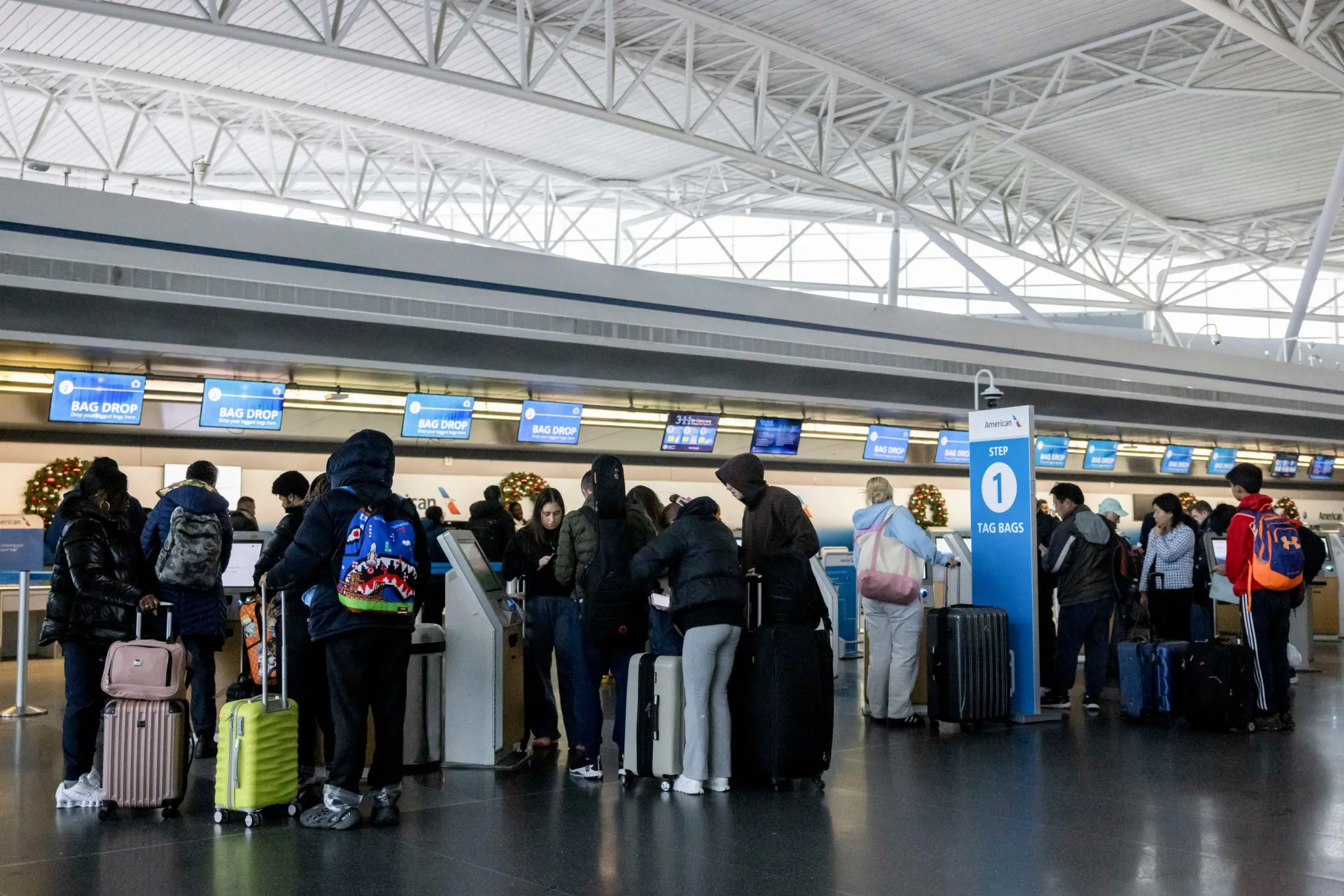Legoland will toy with 'surge pricing' this summer to hike ticket rates—but only on sunny days
Among the many things getting more expensive this summer is the entry to Legoland. More specifically, it’ll cost you more on sunny days than on rainy ones to visit the theme park.
Merlin Entertainments, which runs the likes of Legoland, Madame Tussauds and the London Eye, plans to introduce surge pricing this summer—just like you see with cab fares or hotel prices. In Legoland’s case, that’ll mean cheaper tickets on rainy weekdays compared to summer weekends.
“This also makes sure that the peak period experience is optimised by avoiding overcrowding,” a Merlin spokesperson told Fortune. “Seven million more visitors last year says that our attractions continue to offer great value for money, and these changes enable greater flexibility for guests booking online to choose discounted prices for select dates and times.”
The Lego-themed attraction has seen weak visitor numbers since the COVID-19 pandemic. In 2019, Merlin’s attractions collectively received 67 million visitors—in 2023, those numbers had hit 62 million, pointing to a slow recovery but not a complete bounce-back just yet.
Visitors’ spending patterns have also shifted in recent times. Merlin CEO Scott O’Neil thinks guests are choosing to go to fewer attractions, but they spend more at the ones that they do visit, so dynamic pricing could prove more lucrative for the company.
“If [an attraction] is in the U.K., it’s August peak holiday season, sunny and a Saturday, you would expect to pay more than if it was a rainy Tuesday in March,” O’Neil told the Financial Times, describing the move as “very intuitive.”
A mix of humans and machine learning will help determine what the demand on specific days is like, and will set a price accordingly.
Dynamic pricing to the rescue
In the U.K., where Merlin is headquartered, there are other barriers to luring visitors. The scrapping of a VAT refund scheme in 2021, dubbed the “tourist tax,” has meant that international visitors to the U.K. can no longer shop tax free. That has cost the British economy an estimated £10.7 billion ($13.5 billion) in lost GDP and two million in potential visitors, the Centre for Economics and Business Research found. Merlin’s O’Neil sees this having an impact on the inflow of investments in the country.
But things are looking up—on Monday, Merlin reported record revenue of £2.1 billion ($2.65 billion) in 2023, up 8% from a year earlier. One in four visitors in the U.K. went to a Merlin attraction, pointing to strong interest in the likes of London Eye and Madame Tussauds. Revenue linked to Legoland specifically was up 1% year-over-year, thanks to tourist traffic in Asia and Europe.
The company did, however, incur a pre-tax loss of £214 million ($270 million), owing to write down in the value of its more recent Legolands in New York and South Korea, that opened during the pandemic and haven’t seen strong performance just yet.
It’s unclear when dynamic pricing at Legoland would kick in and whether that’ll apply to all of the park’s locations world over, but it won’t be the first theme park to turn to pricing for help. Disneyland hiked prices last year across different “tiers” of visitors to cope with soaring costs and the cadence of crowds.
The service industry, particularly airlines and hotels, have long resorted to dynamic pricing models as a way to manage demand and earn more during periods of high traffic.
More recently, surge pricing has also come to the food and beverage industry. For instance, the British company behind pub chains Slug and Lettuce and Craft Union introduced a similar model wherein drinks would cost more over weekends and evenings, compared to other times.
While Legoland’s sunny days may be on the horizon, its visitors this summer will have to pick their days wisely between the rainy and the pricey ones.



